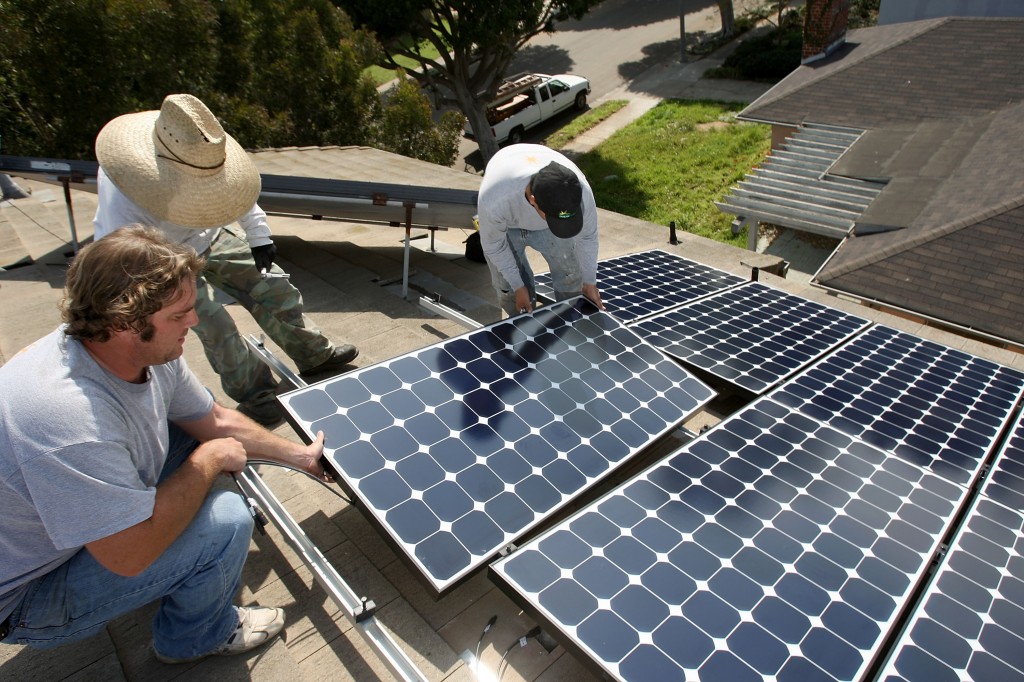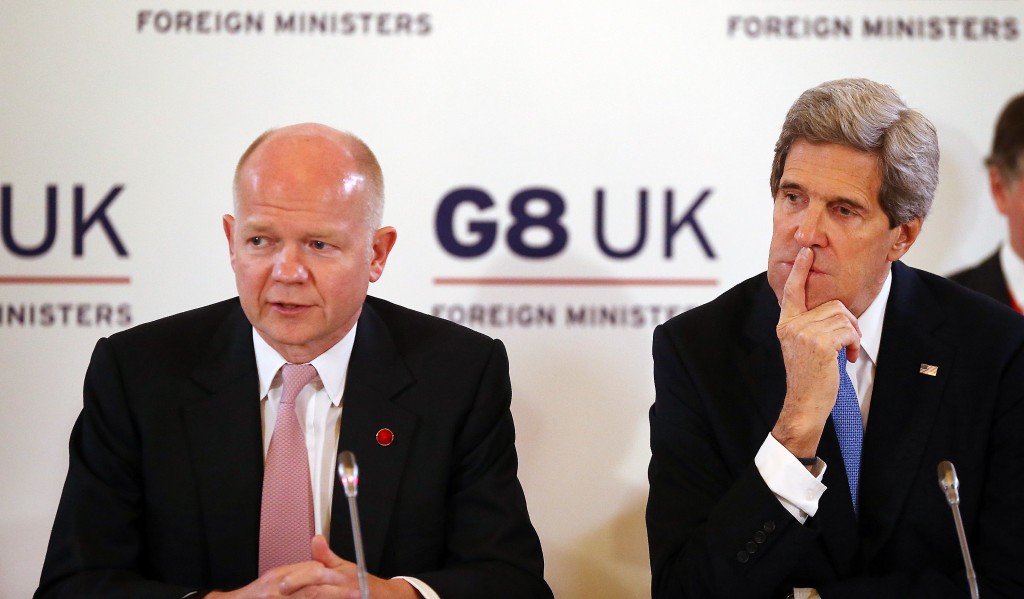If you work in the solar industry, want to buy solar panels or care about climate change, you may want to pay attention. Two floundering solar manufacturers, with no concerns but their corporate bottom line, are about to pull the rug from under one of America’s fastest-growing industries and tens of thousands of good-paying jobs.… Keep reading →
International Trade
This Trade Dispute Could Upend America’s Booming Solar Industry: Here’s What It Means For You
By Environmental Defense Fund Energy Exchange BlogSign up and get Breaking Energy news in your inbox.
We will never sell or share your information without your consent. See our privacy policy.Renewable Energy Update – September 2017 #3
By ELIZABETH CLARK, WILLIAM R. DEVINE, BARRY EPSTEIN, RENÉE LOUISE ROBIN | ALLEN MATKINSEuropean Parliament Proposes Tough Measures On Conflict Minerals
By John Arnett & Laura van der Meer | Kelley Drye & Warren LLPOn May 20, 2015, by a narrow margin the left wing of the European Parliament successfully pushed through amendments to a proposed conflict minerals law that would, if enacted, be much more onerous and involve hundreds of thousands more European businesses in the process of tracking conflict minerals than the regulation proposed by the European Commission and supported by the Parliament’s International Trade Committee and industry.
China Update – April 2015
By David Leiter, Sarah Litke, Neal Martin | Mintz Levin - ML StrategiesThe Asia-Pacific region – and you know the U.S. is a Pacific power – is one of the world’s most dynamic regions. It contains the top four most populous countries, the three largest economies, many of the world’s fastest growing economies, and a rapidly growing middle class of over half-a-billion consumers. U.S. trade with the Asia-Pacific region was $2.9 trillion in 2013.
DOE Overhauls Export Controls for Nuclear Technology
By Christian C. Davis, Thomas McCarthy, Tatman R. Savio, Wynn Segall, Kelly Stephenson | Akin Gump Strauss Hauer & Feld LLPUS Clarifies Sanctions Provisions and US Senate Passes a Bill to Codify and Expand Sanctions
By Laura Brank, Darshak Dholakia, Miriam Gonzalez, Hrishikesh Hari, Jeremy Zucker | Dechert LLPAs noted in previous updates, the United States and European Union continue to impose sanctions against Ukrainian and Russian individuals and entities as a result of the turmoil in Ukraine. On 11 December 2014, the US Senate passed the Ukraine Freedom Support Act of 2014 (S. 2828) (hereinafter the “Act”), which would significantly expand the scope of US economic sanctions against Russia if it became law. In addition, the US Treasury Department’s Office of Foreign Assets Control recently released additional guidance regarding the scope of existing US sanctions involving Ukraine and Russia.
Amendments to EU Sanctions against Russia
By Miriam Gonzalez, Jeremy Zucker | Dechert LLPUS Presidential Permits For Cross-Border Infrastructure
By Todd Griset | PretiFlahertyAs the U.S.’s international trade in energy grows, so too has interest in the process for securing a federally required approval known as a Presidential Permit.
The construction, operation, and maintenance of infrastructure that crosses the U.S.’s border with Mexico or Canada — think pipelines, transmission lines, and bridges — generally requires prior authorization by the federal government in the form of a Presidential Permit. How you obtain a Presidential Permit depends on the type of facilities in question, as permits may be issued by several federal agencies under different legal authorities.
U.S. and EU Extend Temporary Iran Sanctions Relief a Second Time
By Stephan Becker, Nancy Fischer, Aaron R. Hutman, Stephanie Rohrer, Christopher R. Wall | Pillsbury Winthrop Shaw Pittman LLPThe temporary and limited changes to U.S. and European Union (“EU”) sanctions policy for Iran, as agreed under the interim nuclear deal reached by Iran and the P5 + 1 countries, have been extended until June 30, 2015. Most U.S. and EU sanctions on Iran remain in place and will continue to be enforced. Until June 30, 2015, non-U.S. individuals and companies (unless U.S. owned or controlled) will not face U.S. sanctions enforcement if they engage in specified transactions relating to: (a) the export of Iranian petrochemical products, (b) the provision of goods and services for Iran’s auto industry, (c) the sale of gold and precious metals to or from Iran, and (d) the provision of insurance and transport services associated with sales of Iranian oil to six specified countries. The U.S. government has continued the favorable licensing policy for the provision of goods and services to Iran’s civil aviation industry by U.S. persons, U.S. owned/controlled foreign entities and non-U.S. persons. The U.S. also is taking steps to facilitate certain humanitarian and medical trade with Iran, payment of UN dues and support for Iranians studying abroad.
Australia and China Free Trade Agreement
By Natasha Augustin, Robert Milbourne | K&L Gates LLPThis week, following the successful hosting of the G20 summit, the Australian Federal Government signed a declaration of intention with China to bring into force a China-Australia Free Trade Agreement (ChAFTA). The agreement comes after a decade of negotiations between the two countries and is expected to be worth up to AUD18 billion to the Australian economy over the next few years. The agreement will ensure 85% of all Australian exports will enter the Chinese market tariff-free, rising to 93% within four years and 95% once it is fully operational.









